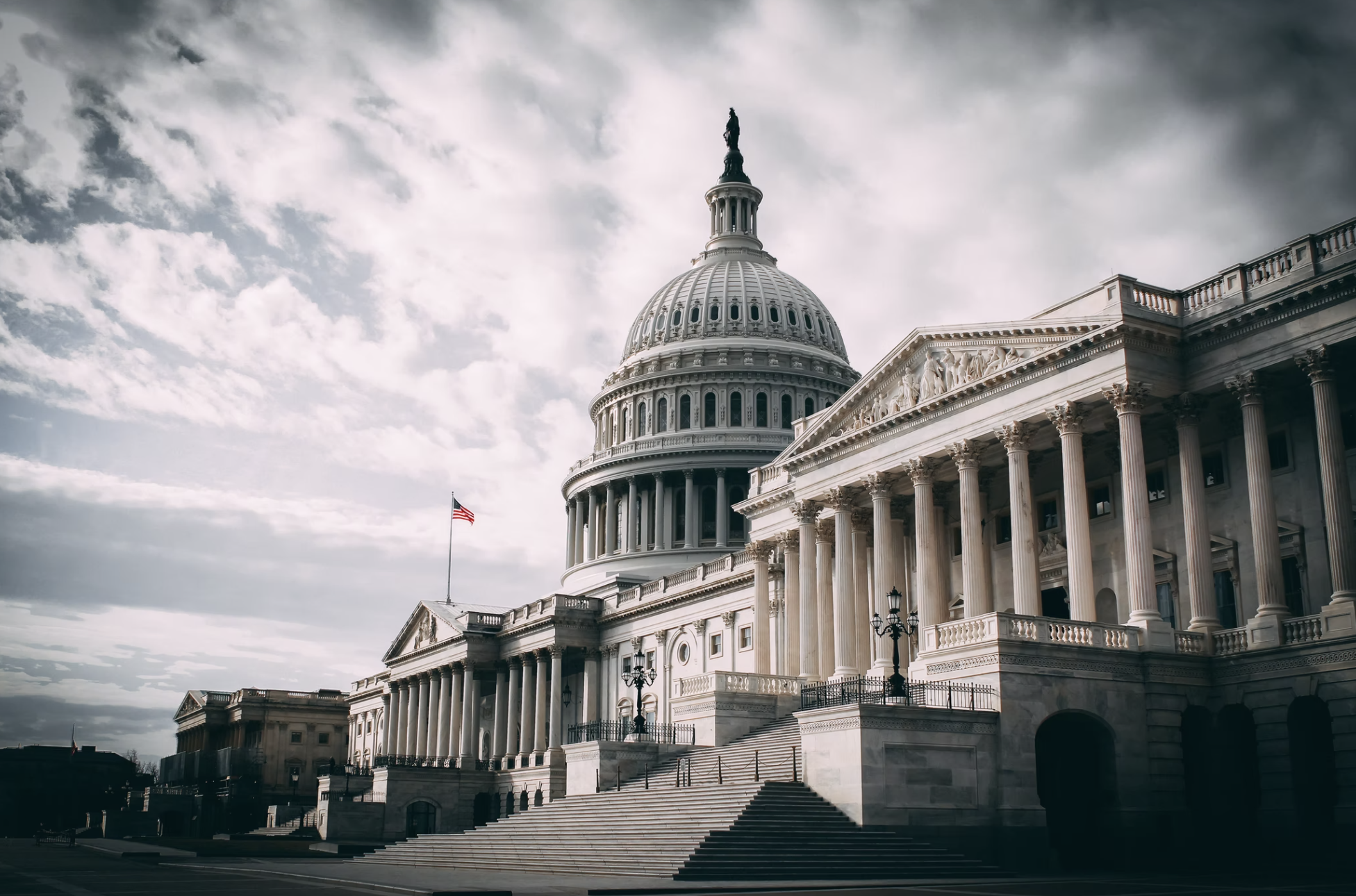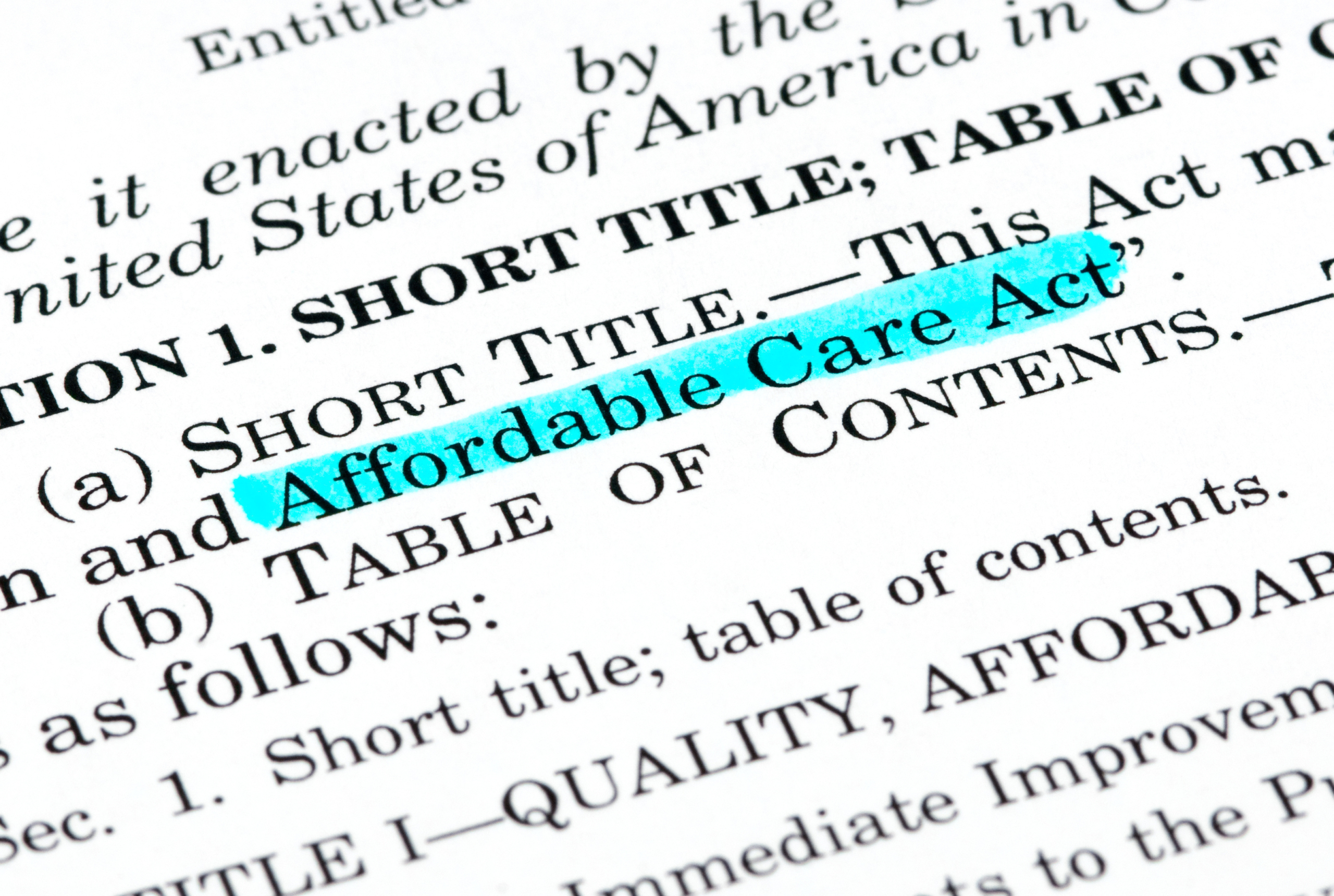How State-Based Health Insurance Exchanges Benefit Carriers
The health care landscape is ever-evolving, and State-Based Exchanges (SBEs) are at the forefront of this transformation. As an insurance carrier participating in the Affordable Care Act individual market, understanding








